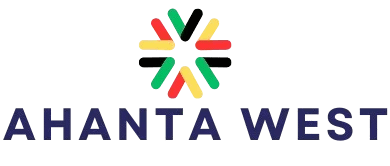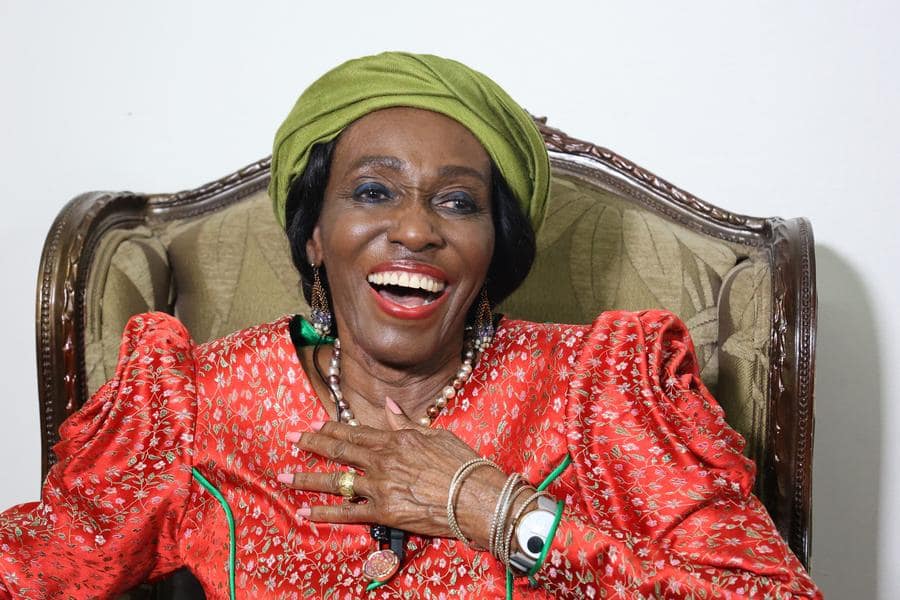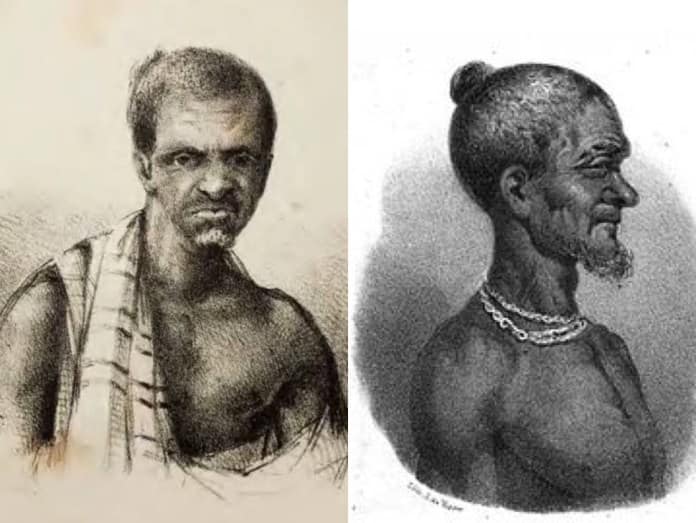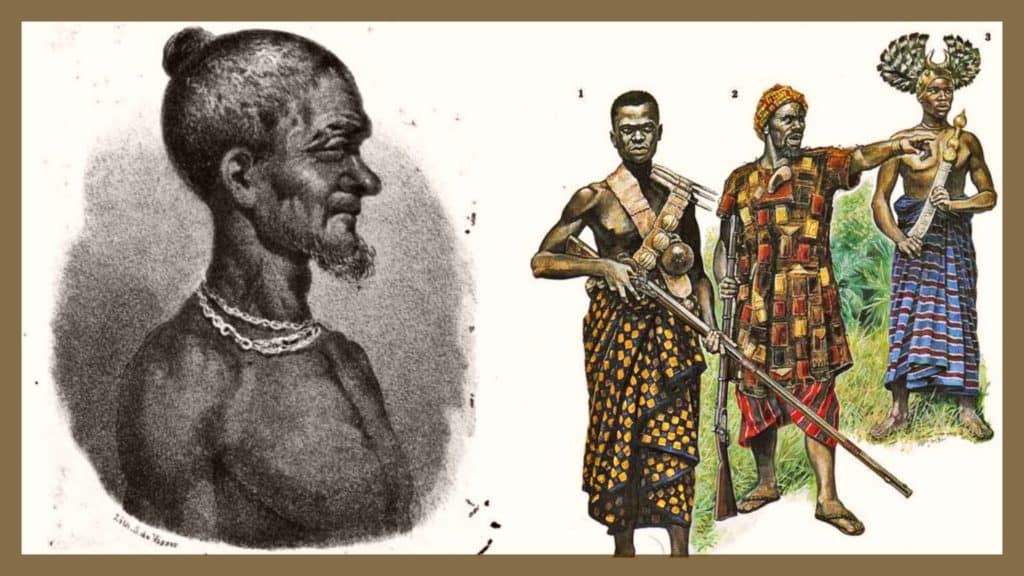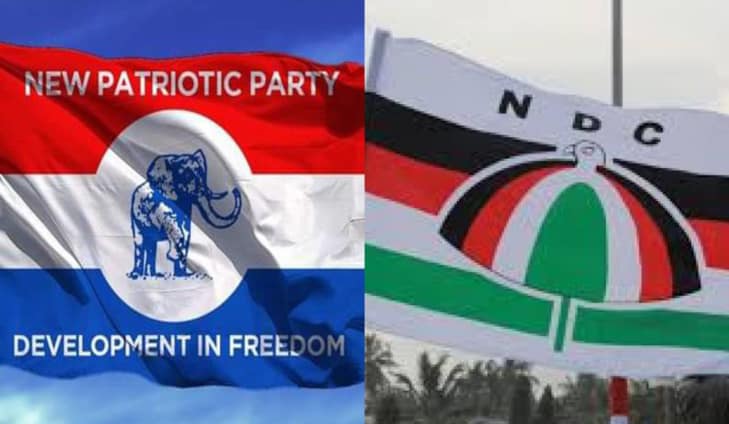
Accra, July 3, 2025 — Ghana’s dependency on imports has reached critical levels, with billions spent annually on essentials such as rice, grains, poultry, and sugar. Education Minister Haruna Iddrisu, speaking on JoyNews’ PM Express, called this reliance a national crisis demanding urgent and transformative reform. He asserted that the newly launched 24-Hour Economy policy—alongside the Accelerated Export Development Initiative—offers a bold, long-term solution toward self-reliance and export-led growth.
From Policy to Action
President John Dramani Mahama unveiled the initiative as a signifier of moving “from policy or slogan to action.” Iddrisu emphasized that this was not a knee-jerk political gesture, but a deeply considered strategy in the making for over four years—even during Mahama’s period outside government.
The Economic Imperative
Ghana currently spends:
- $3 billion on rice
- $3.4 billion on cereal grains
- $2.6 billion on frozen poultry
- $2.4 billion on sugar
These figures, Iddrisu stressed, are not just statistics—they are “urgent red flags” indicating systemic economic vulnerability.
Driving Self-Sufficiency through 24-Hour Production
The policy envisages manufacturing, agro-processing, logistics, and public services operating round-the-clock. The goal: vastly increase productivity, generate employment, and reduce import dependence—a shift from an import-reliant system to one that is self-sufficient and export-oriented.
Private Sector Takes the Lead
A foundational principle of the initiative is private sector leadership, with government acting strictly as an enabler. At the helm of implementation is respected technocrat Goosie Tanoh, entrusted with guiding rollout and ensuring operational effectiveness.
Enabling Legislation and Strategic Incentives
To anchor the program institutionally, a revision of the GIPC Act is underway. Proposals include:
- Establishing a Statutory 24-Hour Economy Authority
- Incentives such as import duty exemptions, tax breaks, and subsidized utilities
- Financing drawn from structures like the Ghana Infrastructure Fund and modest import levies (e.g., 2.5%) to fund infrastructure and discourage excessive imports
A National Transformation Agenda
The initiative is part of a broader vision—24H+ (24-Hour Economy and Accelerated Export Development Program)—to reconfigure Ghana’s economy into a competitive, self-reliant powerhouse.
Looking Ahead
Haruna Iddrisu summarized the bold ambition:
“This is not an event or a race which must end today.”
He emphasized that it is a long-term project designed to reshape Ghana’s economic infrastructure, highlight local capacity, and ensure food security.
In summary, the 24-Hour Economy policy is Ghana’s strategic response to an import-heavy economy. Through private sector-led, 24/7 operations, incentives, and legal backing, the policy seeks to stimulate local production, job creation, and sustainability—transforming decades of economic vulnerabilities into opportunities.
DISCLAIMER: The Views, Comments, Opinions, Contributions and Statements made by Readers and Contributors on this platform do not necessarily represent the views or policy of ahantawest.com
